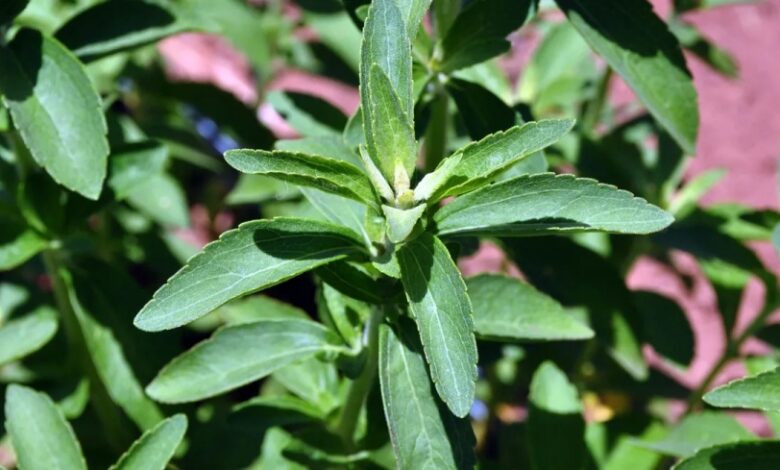Sweet breakthrough — fermented stevia compound shows promise against pancreatic cancer

A groundbreaking study from Hiroshima University has revealed that stevia, a natural zero-calorie sweetener, may hold powerful anti-cancer properties—particularly against one of the deadliest cancers: pancreatic cancer.
Researchers discovered that when stevia extracts are fermented using the beneficial bacterium Lactobacillus plantarum SN13T, they produce a compound called CAME (chlorogenic acid methyl ester). This compound was shown to kill pancreatic cancer cells in the lab while leaving healthy cells unharmed.
Pancreatic cancer is notorious for being difficult to detect early and highly resistant to treatment. With a five-year survival rate below 10%, it remains one of the most lethal forms of cancer. This has prompted scientists to explore alternative therapies that are more targeted and less toxic.
Stevia, commonly used to sweeten beverages and food, is grown widely in South America. When fermented with microbes, certain compounds in stevia transform into active agents that show promising therapeutic effects.
The CAME compound was found to stop cancer cells from dividing, trigger apoptosis (programmed cell death) and reduce oxidative stress, a known cancer growth factor.
What makes this compound particularly exciting is its selectivity — it specifically attacks cancer cells while sparing healthy tissue, a major challenge in most current cancer treatments.
Fermentation has previously enhanced the potency of other natural remedies, including soy and ginseng. But this is the first time that stevia has been linked to such targeted cancer-fighting properties.
While these results are still limited to lab tests, researchers plan to begin animal and human trials to evaluate the safety and effectiveness of the CAME compound in real-world settings.
This study reflects a rising trend in microbial biotransformation—a field that uses beneficial bacteria to convert plant materials into potent therapeutic agents. It also reminds us that many modern cancer drugs, such as paclitaxel and vincristine, were originally derived from plants.












